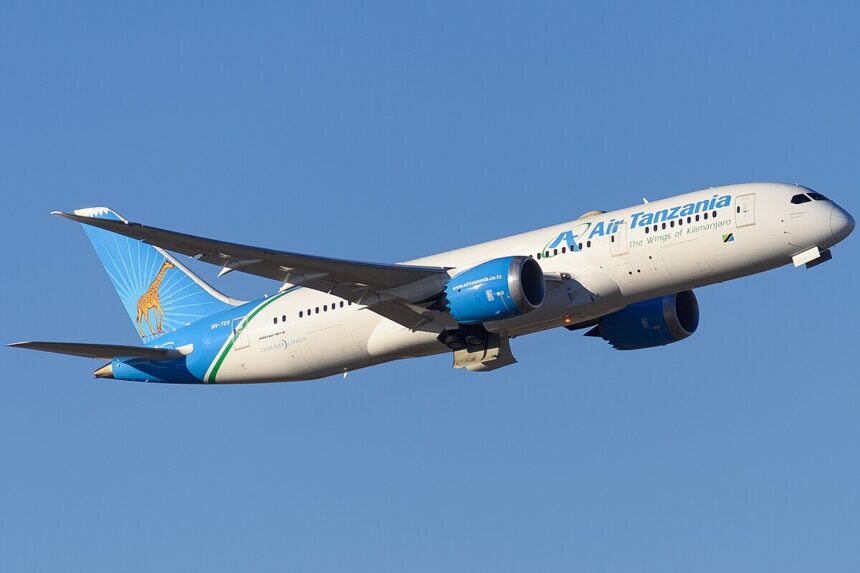Airlines registered in Tanzania are expected to soon resume flights to European destinations following significant steps taken by local aviation authorities to align with European Union (EU) standards and regulations.
The state-owned Air Tanzania Company Limited (ATCL) will be the first to re-establish flights to Europe a move expected to boost trade and tourism in the country.
Director General of the Tanzania Airports Authority (TAA), Mr Abdul Mombokaleo, explained that the EU ban on Tanzanian airlines was not related to the condition of the country’s aircraft most of which are new but rather to regulatory harmonisation.
“We have been working with our European counterparts to rectify the situation and are making good progress,” said Mr Mombokaleo, adding that every country and region has its own air traffic regulations that must be complied with in order to operate within its airspace.
“There are various factors taken into account, including differences in weather, climate and altitude,” he added.
Despite the ban, ATCL has continued operating cargo and passenger flights to international destinations, including China and India, as well as African countries such as the Democratic Republic of Congo, Kenya, South Africa, and Zambia, with Lagos, Nigeria, set to join soon.
The EU ban
In June 2025, the European Commission updated the European Union Air Safety List, releasing a list of 169 airlines subject to operating bans or restrictions within the EU for failing to meet safety standards.
All air carriers certified in Tanzania and Suriname were placed on the list following assessments by EU aviation safety experts, who cited serious safety concerns.
According to the European Commission, the shortcomings identified in both countries covered operational and regulatory areas, including a shortage of qualified personnel, ineffective oversight processes for flight operations and airworthiness, and non-compliance with international safety standards by civil aviation authorities and certified carriers.
The EU Air Safety List is based on the unanimous opinion of Member State aviation safety experts, who met in Brussels from 13 to 15 May 2025 under the auspices of the EU Air Safety Committee. The Committee is chaired by the European Commission with support from the European Union Aviation Safety Agency (EASA).
The list currently includes 142 airlines from 17 states including Afghanistan, Angola (except for two carriers), Congo-Brazzaville, the Democratic Republic of Congo, and Tanzania due to inadequate safety oversight.
It also includes 22 airlines certified in Russia and five other individual carriers, such as Air Zimbabwe and Fly Baghdad.
Two additional carriers Iran Air and North Korea’s Air Koryo — face partial restrictions and can only fly to the EU with specific aircraft types.
Tanzania’s response
In response to the ban, Tanzania temporarily extended traffic rights for six months to international airlines to cover the gap created by the suspension of its own carriers, ensuring continuity of tourism and business travel.
The Tanzania Association of Tour Operators (TATO) urged the government to use diplomatic channels to resolve the issue.
TATO chairperson Mr Willy Chambulo argued that the ban was a form of “business warfare” rather than a reflection of genuine safety concerns.
He pointed out that ATCL operates one of Africa’s youngest fleets, including Airbus A220s, three Boeing 787-8 Dreamliners, and two Boeing 737 Max 9 aircraft.
“With a modern fleet, the government must strongly oppose this ban through diplomatic means, including engaging the African Union (AU) and the East African Community (EAC),” Mr Chambulo said.
TATO further called on the government to demand full transparency from EASA regarding the technical grounds for the ban and to raise the matter with the International Civil Aviation Organization (ICAO) and the United Nations World Tourism Organization (UNWTO).


